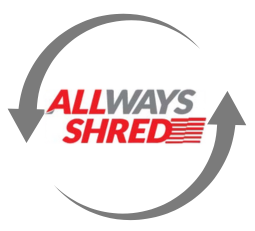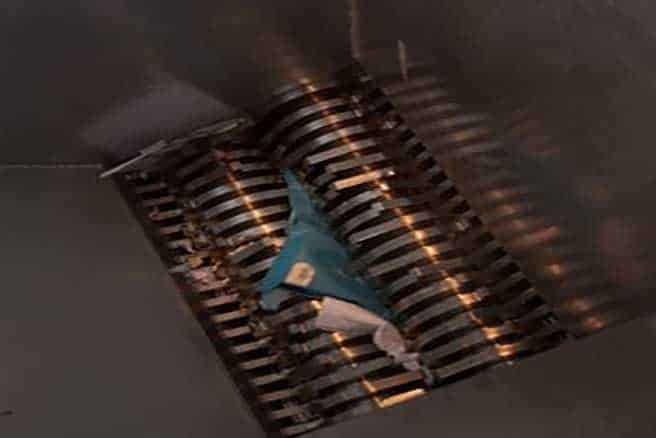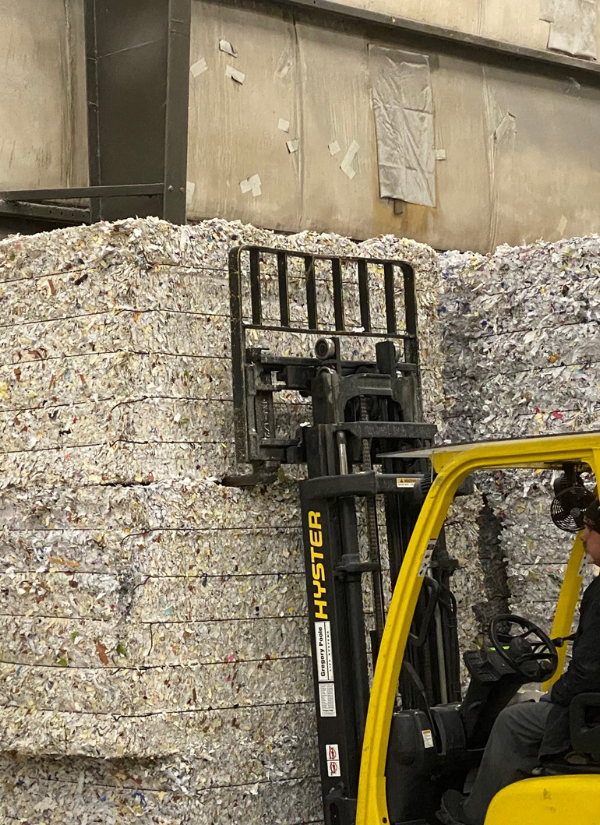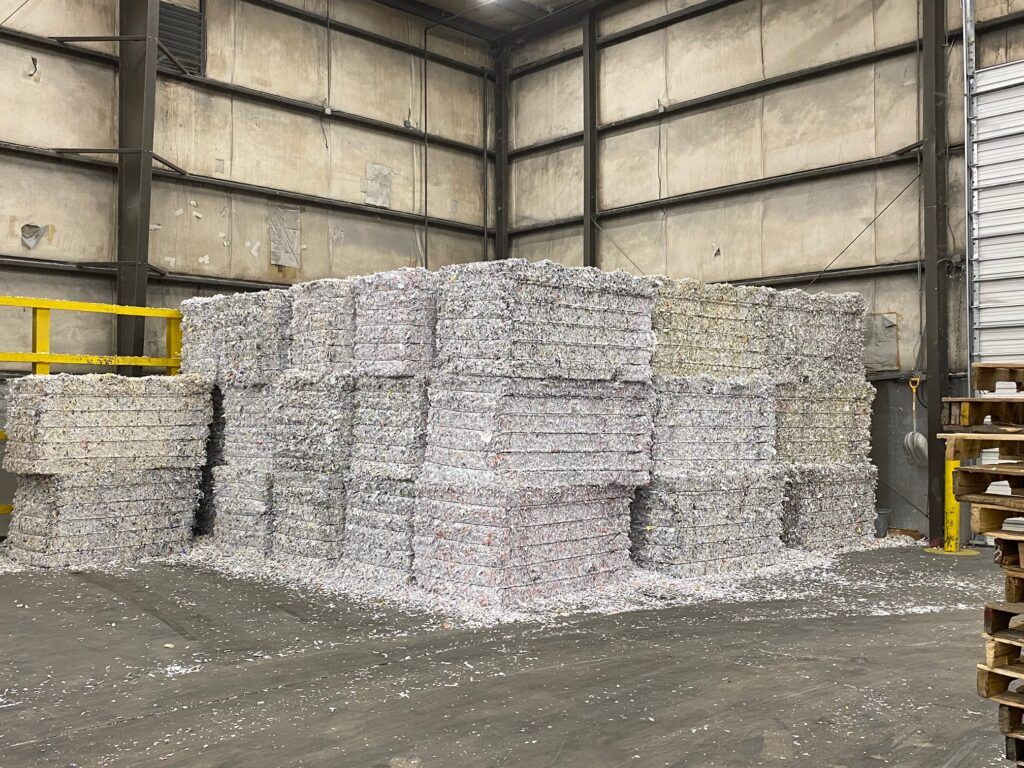HIPAA-Compliant Document Disposal Explained
By • November 3, 2025

This is a subtitle for your new post
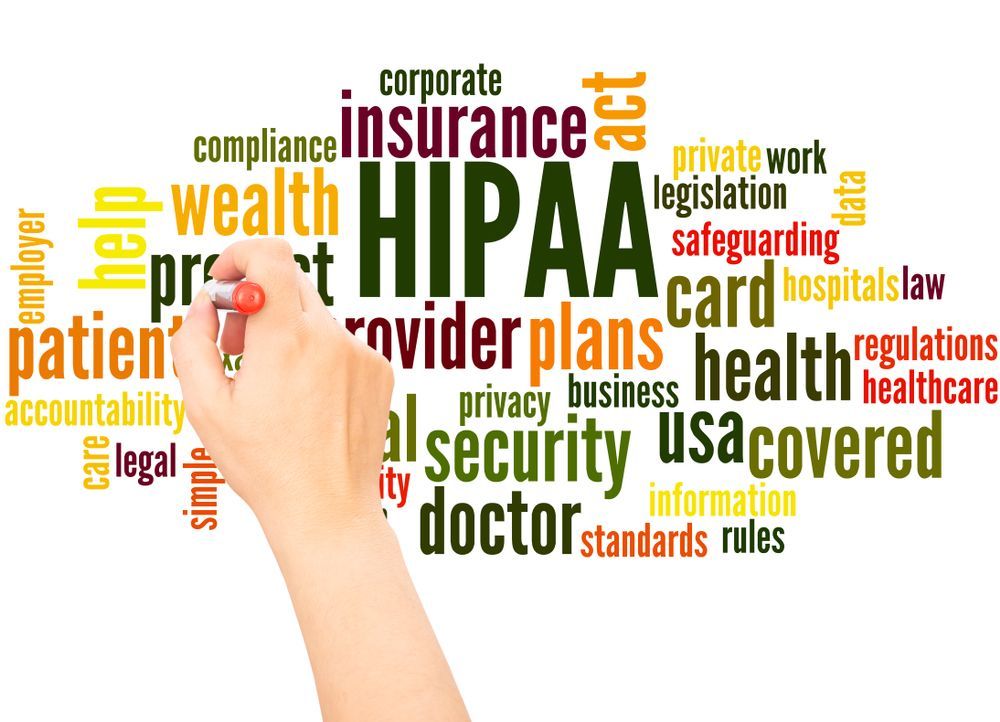
Healthcare organizations and their partners handle some of the most sensitive information imaginable. The Health Insurance Portability and Accountability Act (HIPAA) sets strict rules for protecting patient health information (PHI).
If your organization creates, stores, or handles PHI, proper document disposal isn’t optional; it’s the law.
1. What Is HIPAA Compliance in Document Disposal?
HIPAA requires that any Protected Health Information (PHI) be rendered unreadable, indecipherable, and irretrievable before disposal.
This includes:
- Medical records
- Billing and insurance forms
- Lab results
- Prescription labels
- Any paper or digital record containing patient identifiers
Non-compliance can lead to severe financial penalties and legal consequences.
2. Why Regular Office Shredders Aren’t Enough
Office shredders can leave strips of readable text or be inconsistent. HIPAA requires a documented and verifiable destruction process, including:
- Locked collection bins for PHI
- Controlled access until destruction
- Certified shredding (on-site or off-site)
- A Certificate of Destruction after every service
Outsourcing to a certified shredding provider ensures that your disposal process meets legal standards.
3. The HIPAA-Compliant Shredding Process
Here’s how a compliant disposal service should work:
- Secure Collection: Staff deposit PHI into locked bins provided by your shredding company.
- Transportation: Uniformed, background-checked personnel transfer materials in GPS-tracked vehicles.
- Destruction: Paper is cross-cut or micro-shredded beyond reconstruction.
- Certification: You receive a detailed Certificate of Destruction documenting compliance.
- Recycling: Shredded paper is securely recycled, protecting both privacy and the environment.
4. Choosing a HIPAA-Compliant Shredding Partner
When evaluating providers, make sure they:
- Are NAID AAA Certified
- Provide clear documentation for every destruction event
- Train employees on HIPAA compliance
- Offer flexible schedules and secure containers
5. Consequences of Non-Compliance
HIPAA violations can cost anywhere from $100 to $50,000 per incident, with a maximum of $1.5 million per year for repeat offenders.
Beyond fines, breaches can damage trust and reputation especially in the healthcare sector.
Conclusion
Proper disposal of medical records isn’t just good practice; it’s a legal and ethical responsibility.
Partnering with a
HIPAA-compliant shredding company ensures your patients’ information stays safe and your organization stays compliant.
Allways Shred proudly provides secure, certified document destruction for healthcare providers across the state of North Carolina. Contact us today to schedule compliant shredding for your medical or healthcare facility.
Shredding Solutions for Every Business
Affordable, secure, and fast.
Get a custom quote in minutes!
Contact Us
We will get back to you as soon as possible.
Please try again later.
Shred More, Save More
Volume discounts for large jobs or recurring service.
Let’s talk savings.
SHARE THIS
